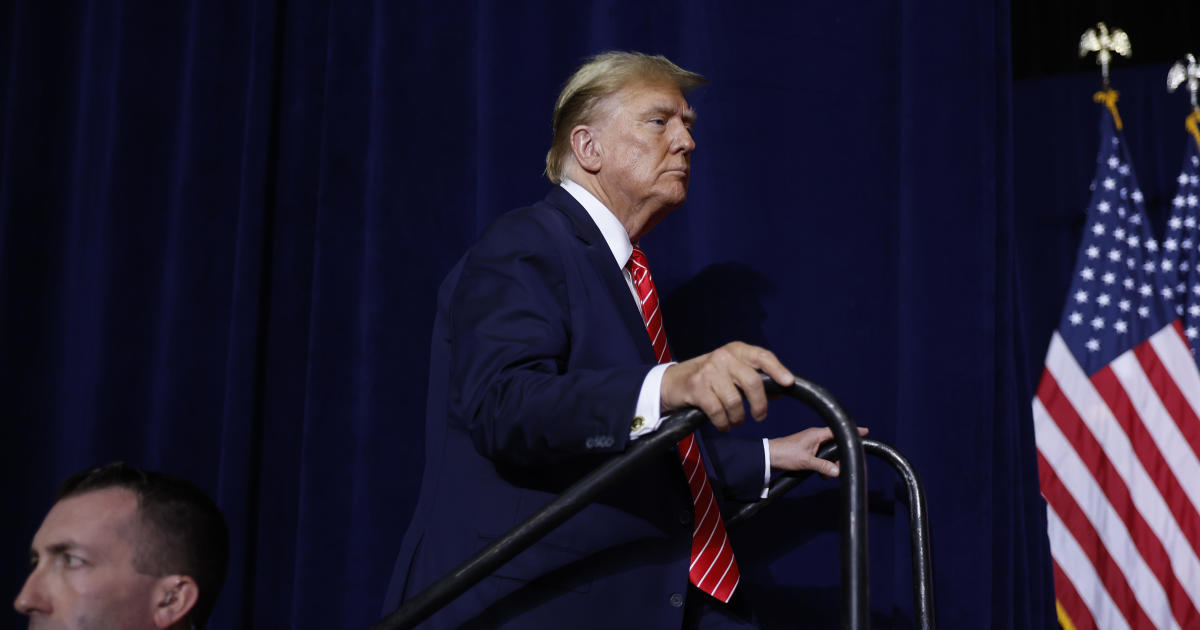Former President Donald Trump is urging the Supreme Court to grant former presidents immunity from criminal prosecution for acts committed while in office. Trump’s lawyers argue that the long history of not prosecuting former presidents demonstrates that such power does not exist. They believe that the president cannot function effectively if faced with criminal prosecution for official acts after leaving office. Trump’s lawyers are calling on the Supreme Court to reverse a lower court’s decision rejecting his claim of immunity and dismiss the charges filed against him.
The Supreme Court has agreed to review a decision that found Trump can be prosecuted for alleged attempts to subvert the transfer of presidential power after the 2020 election. The justices are considering the extent to which a former president enjoys immunity from criminal prosecution for acts during their tenure. Special counsel Jack Smith, who is prosecuting Trump, argues that granting immunity to Trump would threaten democracy. Trump is the first former president to be indicted and has pleaded not guilty to all charges.
The Supreme Court’s consideration of the immunity issue has impacted Trump’s other criminal prosecutions in New York and South Florida. His attorneys have asked for delays in these cases until the Supreme Court rules on his immunity claim. If the court rules in Trump’s favor, it would end the prosecution in Washington, but if not, a trial could potentially take place before the 2024 presidential election. Trump’s legal team is arguing that allowing a former president to face criminal charges would set a dangerous precedent for future presidents.
Trump’s lawyers argue that future presidents would face blackmail and extortion while in office and be harassed by politically motivated prosecution after leaving office if they could be criminally charged. They claim that federal courts do not have the authority to sit in judgment over a president’s official acts and cannot imprison him based on those acts. Trump’s legal team also asserts that none of the criminal statutes he is charged with violating clearly apply to the president or acts undertaken while in office. The Supreme Court is also set to hear arguments on a federal obstruction law that has been used to charge defendants for their actions during the January 6, 2021, attack on the U.S. Capitol, including Trump.









